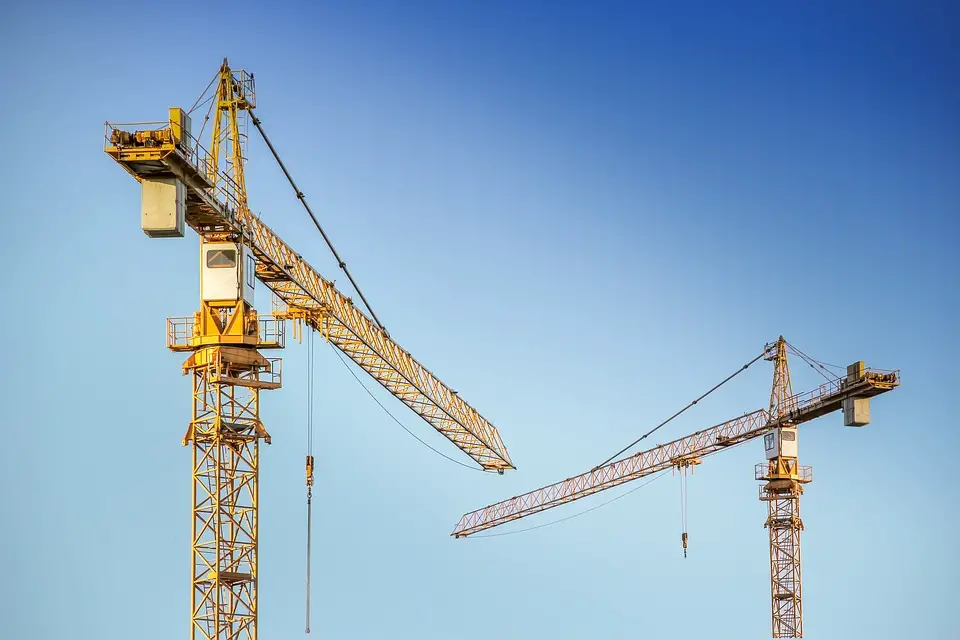For the post-earthquake reconstruction of buildings alone, construction companies need about 20,000 more workers, who are nowhere in sight now.
Hina asked construction companies and institutions how they saw the present situation in their sector, how they were coping with increased prices of material and fuel, whether they would be able to deliver on the contracts signed without incurring losses, and how many workers they were short of.
The Kamgrad company said that construction businesses were piling up losses by the day as prices of material, fuel and energy had risen by more than 50% compared to prices at the bidding stage.
“Unless the present situation changes and the government promptly takes specific economic measures to help construction companies overcome these unusual disruptions to the market and maintain the stability of their operation, it is only a matter of time before the situation will escalate to such an extent that construction companies will no longer be able to meet their obligations,” Kamgrad’s management said.
That would result in a total collapse of the already decimated construction sector and suspension of the majority of current projects, they added.
Considering the ongoing projects and planned investments announced by both private and public contractors, construction companies should have more than enough work in the coming years. However, it is questionable whether these projects will be carried out given that the latest estimates show that Croatia lacks more than 10,000 construction workers.
“About 30,000 foreign construction workers are currently employed in Croatia, alongside 70,000 domestic workers. In addition to workers from Bosnia and Herzegovina, who are traditionally present on the Croatian construction market and whose number is unfortunately decreasing, there are more and more workers from Albania, Kosovo, Nepal, India, the Philippines and other remote countries,” Kamgrad said.
Mirela Gudan of the Croatian Employers’ Association said that the construction sector had been left without a significant contingent of domestic workers following the 2008 crisis because they emigrated to more developed European countries.
Gudan noted that in recent years foreign labour had been coming from remote countries, and that the cost of hiring a foreign worker was double the cost of hiring a domestic worker. She said that the present laws were damaging to the construction sector and state budget because they prevented the sector’s development, which was also important for the reconstruction of building damaged in the 2020 earthquakes.
Mirjana Čagalj, Vice-President of the Croatian Chamber of Commerce for Construction and Transport, said that Croatian construction companies currently had about 100,000 workers, which was not enough.
She said there had been a shortage of skilled labour for several years now, ever since the sector had started to see growth, and the COVID-19 pandemic had only made labour imports more difficult and expensive. Croatian companies dealt with this problem by importing workers from non-EU countries.
“The scale of the problem can be seen in the fact that around 28,000 construction workers were imported in 2020, which is over 80 per cent of the foreign labour quota. Over 23,000 were imported in 2019, and in 2018 the quota was fulfilled,” said Čagalj.
It is estimated that further demand for construction labour will grow in light of the post-earthquake reconstruction of Zagreb and the Banovina region.
“According to our estimates, we will need 20,000 workers for all the areas affected by the earthquakes, depending on the pace of reconstruction. The shortage of labour will partly be offset by an increased price of labour in the construction sector, which may attract new people and create conditions for the return of our workers who left for the West in search of work and better living conditions. Since the reconstruction process will take years, we expect a certain number of people will return. At the same time, we need to work on creating as many skilled workers in our schools as possible,” Čagalj said.
Last year, 10,553 building permits were issued, which is 12.2 per cent more than in 2020. The expected value of works for which the permits were issued is HRK 32 billion, up from 28 billion in 2020.
For more, check out our business section.











